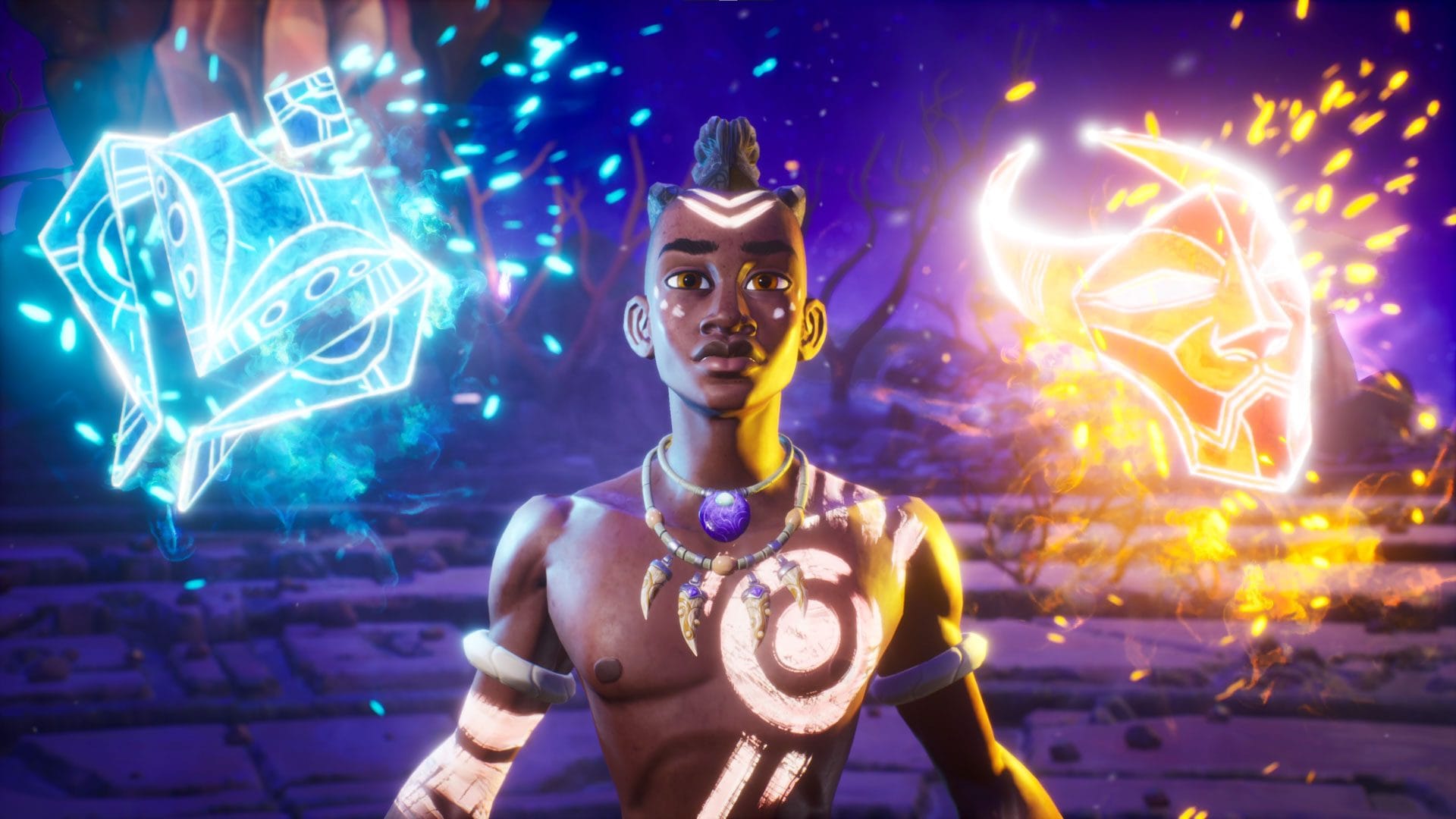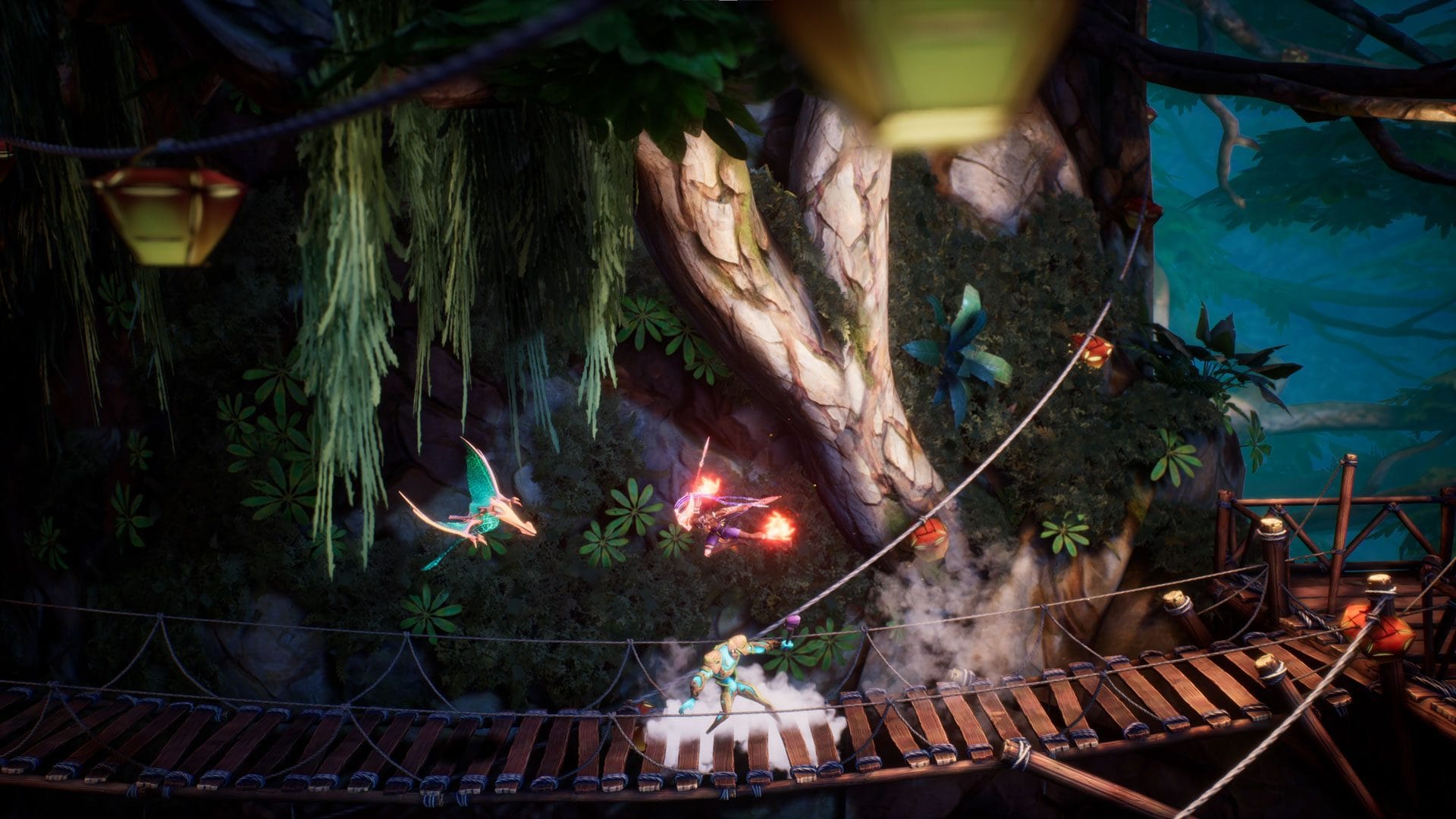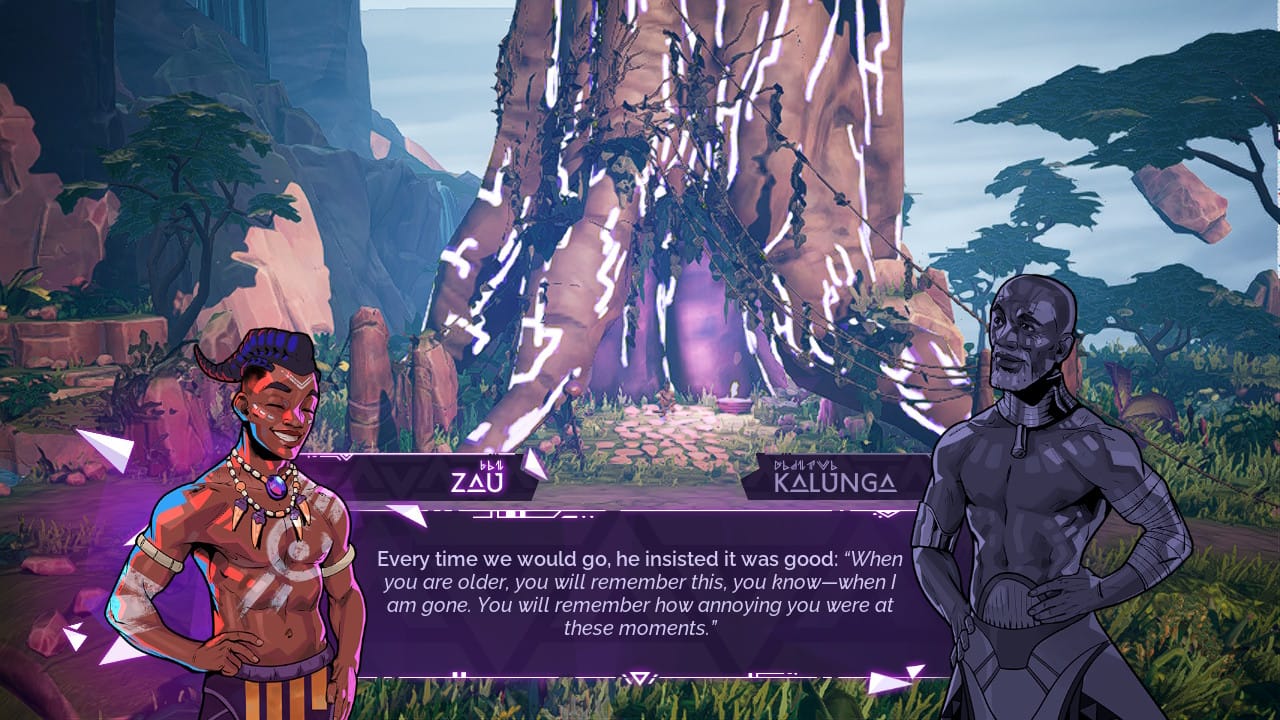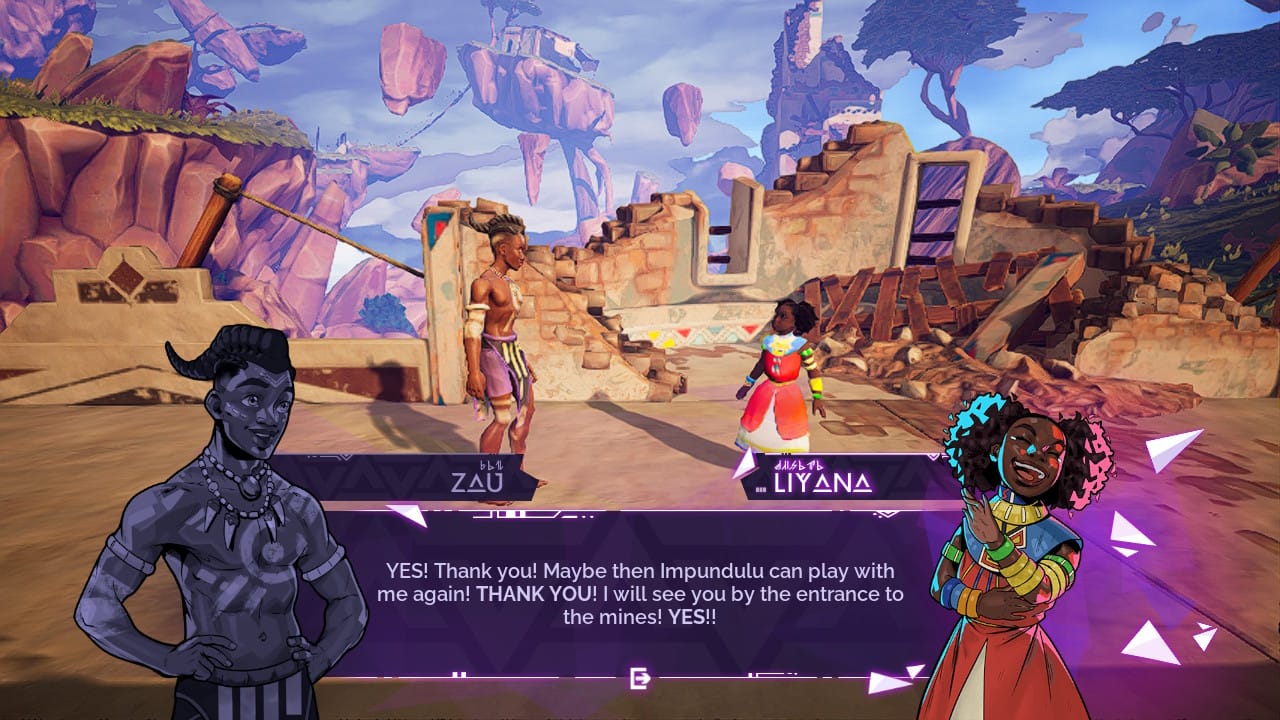Tales of Kenzera Zau is a Beautiful, Slightly Challenging Meditation on Grief
Explore grief and spirituality through Zau with Sargent Studios's new game

Created by Sargent Studios and published by EA Originals, Tales of Kenzera Zau is a Metroidvania platformer inspired by Bantu mythology and actor Abubaker Salim's experiences with grief. It tells the story of Zau, a shaman who embarks on a spiritual journey to reclaim his father's spirit by wielding the power of the masks of the sun and moon. Players must switch between the Sun and Moon masks depending on the situation; the latter lets you do long-range attacks while the former is best for close combat.
Originally released on April 23, 2024, I pre-ordered the game for several reasons. This game initially caught my eye when it was announced at The Game Awards in December 2023. There aren't many Metroidvanias (or video games in general) that are inspired by African culture, but I couldn't help but be reminded of the 2016 African fantasy RPG Aurion Legacy of The Kori-Odan. In the years since I reviewed Aurion on PC and its match-3 mobile game sequel Kajuta Gem Fighters, I couldn't help but yearn for a similar game on console. Now, Tales of Kenzera Zau is here to fill that void.
Before I go any further, let me say that Metroidvania platformers are not my strong suit at all. Even when I played Legacy of The Kori-Odan on PC using a keyboard, I had to remap the controls in order to play the game to the best of my ability. While this would also be the case with Tales of Kenzera Zau, the ability to change the game's difficulty also helped a bit. The choices include Relaxed, Standard, and Challenging difficulty modes. Of course, I only realized this option when I was 75% of the way through Act I and stuck on a particularly challenging area involving a timed gate that needed unlocking.

Yet changing the difficulty to Relaxed didn't help me unlock the timed gate. After several failed attempts and looking up a video walkthrough, I realized that Zau moves a little faster by dashing through rushing rivers rather than freezing them first with the Bamba's Stone ability. I also didn't realize the gate was timed until I looked up the video walkthrough and saw the YouTuber playing the game get stuck as well. When I finally finished Act I and got to yet another timed gate in Act II, I couldn't help but wish this game had an assist mode that helped you through certain areas that require quick and precise timing. That aside, I had no problems playing this game. As mentioned earlier, remapping the controls let me change certain input commands so I could play more comfortably.
Another feature that I enjoyed was the ability to hear the voice acting in English or Swahili, which added a layer of cultural specificity to the characters. Since English subtitles are available regardless of language, I played the game in Swahili and enjoyed hearing the musicality of the language as I played.

One of the most notable features of the game is the graphics. Areas of the world are beautifully rendered in 2.5D graphics, with some areas with bright colors that pop while others are earthy and warm. Character designs and portraits are wonderful in that they display the personality and mannerisms of the characters well.
Speaking of the characters, their stories are poignant and intriguing. Zau, the protagonist, starts off earnest and impulsive, not unlike Legacy of The Kori-Odan's protagonist Enkwo. By the end of Act I, Zau has learned from his mistakes and matured a bit spiritually and personally as he embarks on the next stage of his journey. I especially liked when I found areas for Reflection, giant trees where Zau could meditate, reminisce about his father, and then gain an upgrade to his health bar as a result.

Another character, Kalunga, an elderly man who is also the God of Death, becomes a confidant to Zau as well as a source of guidance and wit. I especially enjoyed Liyana, a young girl who is the sole survivor of her people and yet so full of whimsy. Liyana's story with the Impundulu, the Great Spirit of The Sky, had an unexpected twist that made me and Zau himself empathize with her.
Last but not least, the game's soundtrack by composer Nainata Desai stood out to me during battles as well as at certain world locations. It consisted of a mix of traditional African music, synths, and a little electric guitar to add tension and ambiance. It was especially notable in the first boss fight, making my heart race with excitement.
All in all, Tales of Kenzera Zau is a beautiful and slightly challenging meditation on grief. While it could use additional features for those who aren't adept at platformers, the story, graphics, combat, and characters make it worth playing.
